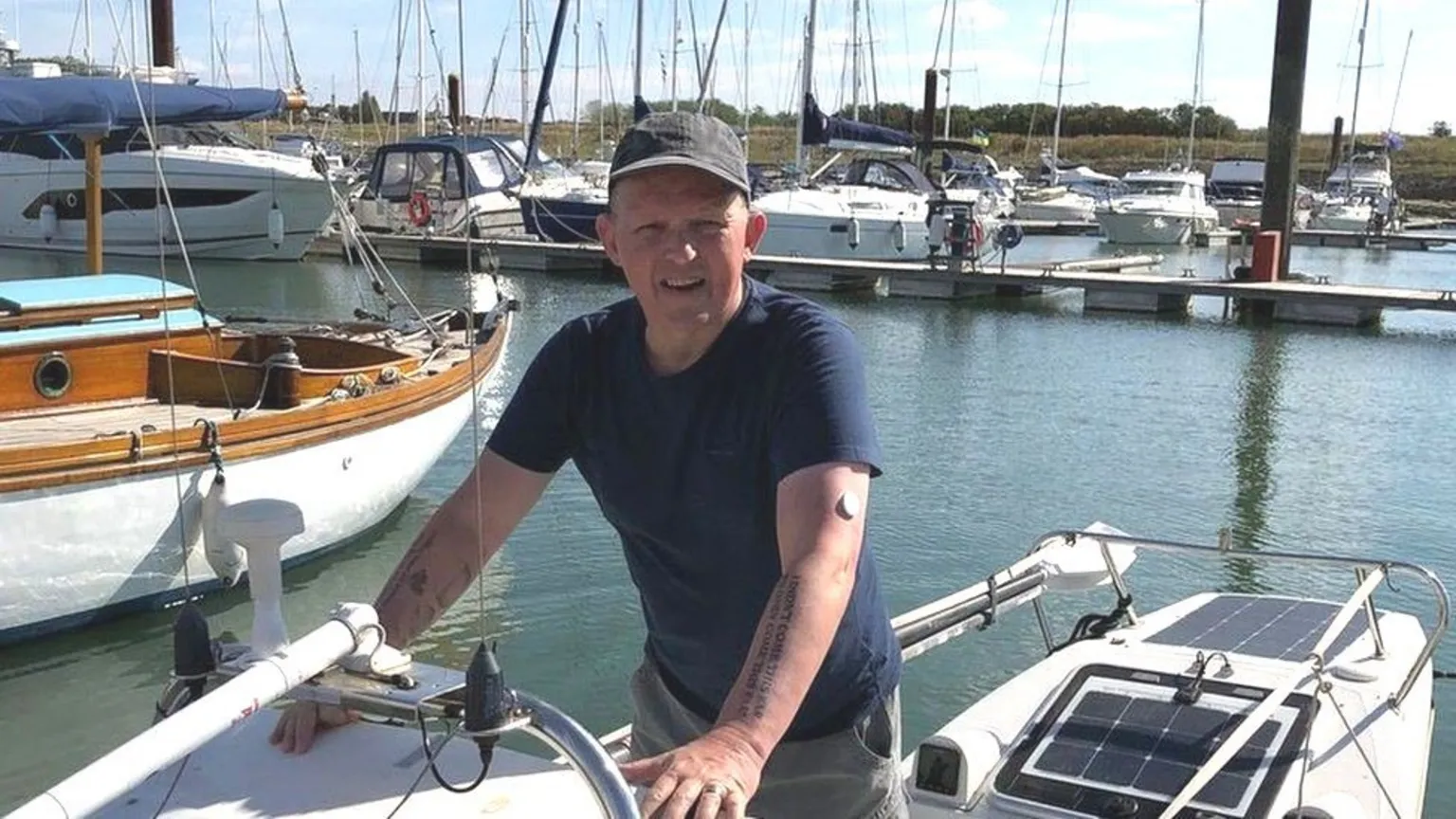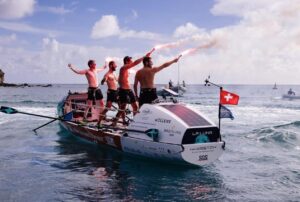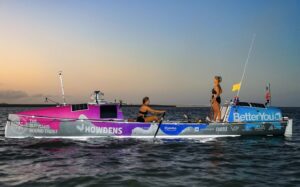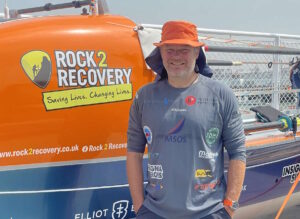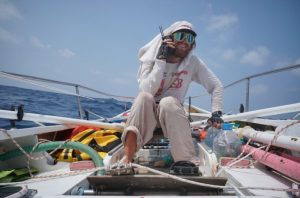One long-distance rower set out across the Atlantic Ocean, experienced but unsupported. But when a strong wave overtook his boat, he suffered multiple traumas and succumbed to the effort.
A doctor’s examination revealed Michael Holt, of Porthmadog, Wales, died on his boat from “polytrauma due to accidental injury,” the BBC reported. Holt, 54 and a Type 1 diabetic, had completed about one-quarter of his 4,000km journey.
The rower had spent 24 days and covered 1,100km when fishermen found him deceased on his boat off the coast of Mauritania. Coroner Andre Rebello determined polytrauma — two or more severe injuries in at least two areas of the body — as the cause of death. Rebello called the death accidental and “tragic.”
Accidents compound
The big wave that swamped Holt’s boat, the BBC reported, “nearly knocked [him] overboard,” cut his hand, and cost him an oar.
The alarm clanged when relatives received a satellite phone call from on the afternoon of Feb. 19. The rower explained he “wasn’t feeling very well and was going to head for Cape Verde rather than Barbados,” his family explained in a Facebook post.
“A recording had been made of this call which we were then able to listen to. We could tell from that call that he was completely exhausted, and we knew in our minds that he was in trouble.”
The family alerted authorities in the area. They launched a search-and-rescue mission that eventually involved the French Air Force. Efforts failed until a large container ship located Holt’s boat, but it was too large to help. Once fishermen boarded the vessel and confirmed his death, the mission became a body recovery.
Cape Verde officials verified Holt’s body, and family members raised over $25,000 to bring his remains home with a crowdfunding effort.
‘Needles and Pins’
Holt called his project “Needles and Pins,” which referred to his diabetic condition and the major shoulder surgery he was forced to undergo. In 2015, Holt Holt suffered a severe low blood sugar event. During an incoherent episode in the hospital, he “placed both hands on [his] collar bones and pulled downwards.”
Holt said he did not recall the episode. It left him with a titanium fitting in his right arm and approximately 20 titanium pins, plus a plate, in his left.
Nonetheless, he pursued swimming, rowing, and triathlons as he developed the idea for his Atlantic crossing. He eventually attempted a solo, unsupported row across St. George’s Channel (from his hometown in Wales to Ireland) in 2023 — which ultimately failed.
“Despite what’s happened, to be rowing on the open sea for 24 days and to cover over 700 miles is amazing,” Holt’s brother, David, told the BBC. “There’s probably a reason nobody with type 1 diabetes has ever rowed across the Atlantic Ocean before, but when Michael got an idea in his head, that would be it.”
